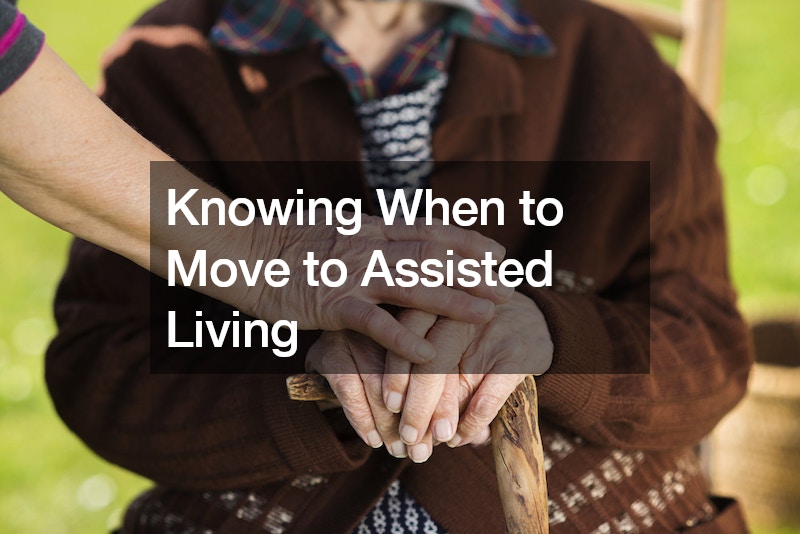Assisted living is something that most people don’t want to consider, but it’s imperative to do it as soon as your health starts deteriorating. Whether you have a family or support system, you don’t want to depend on them all the time, even if they insist. Senior living is a much better option so that you can take control of your medical care, accommodations, and the rest of your life.
However, you have to research some aspects first. “What is a board and care home?” is a common question among seniors looking at assisted living. This option is perfect for people who don’t require much medical attention but still need some help. All seniors assisted living alternatives have various degrees of care depending on what each person requires, which can be ideal because some nursing homes have become impossible to afford.
Once you know it’s time for assisted living 18 questions to ask should include: What types of meals are offered? Are they prepared for COVID? How do they handle emergencies? And what kind of care is provided? You may have other questions, which is why it’s so critical to start thinking about next level senior living as early as possible. Let’s find out more.
While many elderly people will tell you that they are able and willing to stay at home, this is not always the case. Occasionally, a senior may need more help than they are willing to admit. Moving to an assisted living community is a great way for seniors to get the help that they need to live healthy and fulfilling lives, but knowing when it is time to move can be tricky.
If you suspect that a family member or friend may be struggling with daily life at home, there are a few things you can look out for to confirm or refute this assumption. Simply taking a look around the home can tell you a lot about the senior’s level of independence.
Clutter and piles of mail are a big indicator that it may be time to start looking into assisted living homes, especially in the home of a previously-tidy individual. Personal letters or bills that have remained unopened may indicate lapses in memory, and piles of papers on the floor can be a tripping hazard.
Another place to look to make sure your senior is living well is in the kitchen. Moldy or expired foods that have gone unnoticed and an increase in takeout and freezer meals may indicate that the homeowner does not feel comfortable cooking. Signs of fire, such as burnt pots and pans, are a big indicator that a move to an assisted living community might be appropriate.
Of course, one of the best ways to find out a senior’s needs is to check with the senior. If he or she is losing or gaining weight, forgetting to take medication, or neglecting personal hygiene, it may be time for a move. If the senior has lost interest in previous hobbies, fallen out of touch with friends, or refuses to leave the house, he or she may be suffering from depression, and a move to an assisted living community with social activities may be extremely helpful.
The decision to move to a home for senior independent living can be difficult for seniors and their families. Having a frank discussion with the senior about his or her needs is often a necessary step in determining if it is safe for them to stay at home. To learn more, read this.
